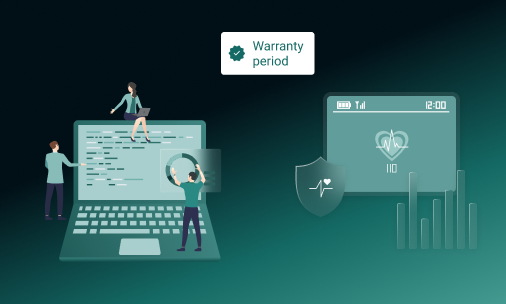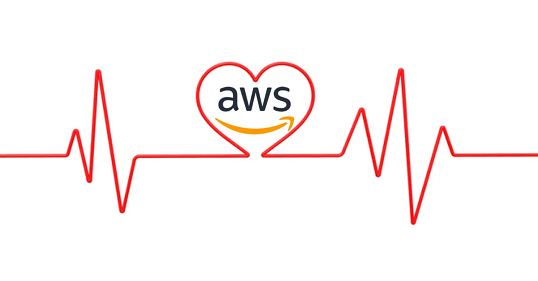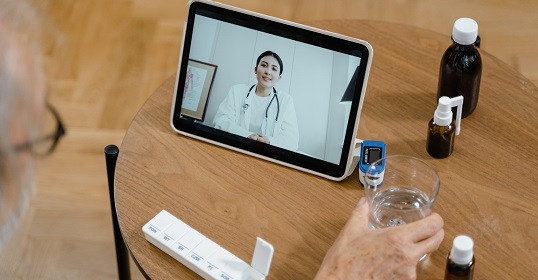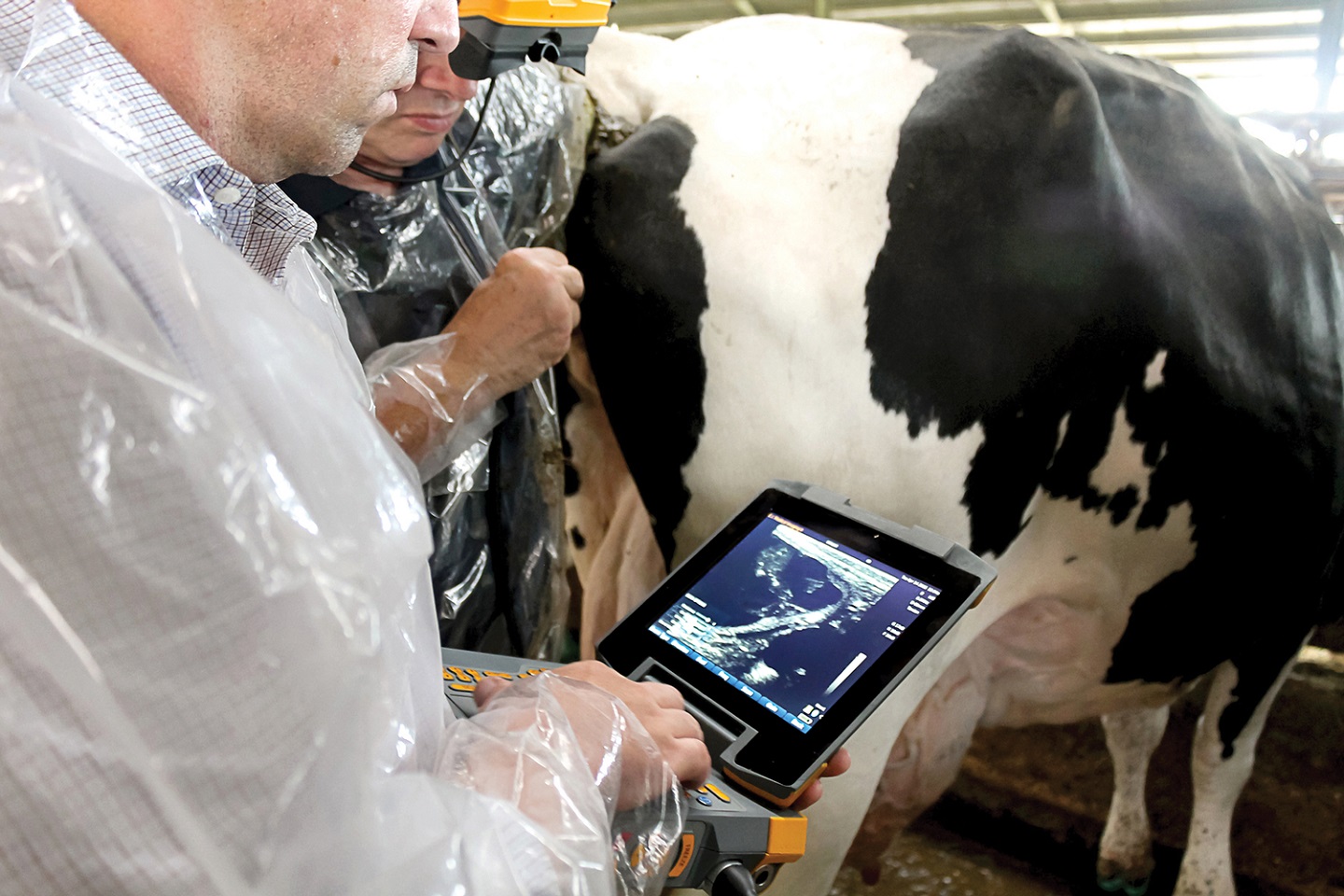



HL7 integration Services
Based on the HL7 FHIR specification, our healthcare API integration developers create applications to manage and share patient clinical information (problems, allergies, and the care process—care plans and referrals), implement systems for efficient diagnostic workflows to address ordering and reporting of clinical diagnostics (laboratory testing, imaging, and genomics), build tools for e-prescribing and immunization tracking (ordering, dispensing, administration of medications, and recording statements of medication use; recording of immunizations given or not given, evaluation of given immunizations and recommendations for an individual patient at a point in time; the creation or querying for medications as part of drug information or drug knowledge), design solutions to improve scheduling and communication among care teams, develop applications to manage financial transactions and interactions between providers and insurers (costing, financial transactions, and billing for healthcare services; eligibility, enrollment, authorizations, claims, and payments between healthcare providers and insurers; and reporting and notification between insurers, subscribers, and patients), and create clinical decision support systems and tools for quality measurement.
Healthcare Data Integration
Belitsoft provides product implementation architects to integrate your products into your clients’ infrastructure in the digital health, provider, and payor sectors. Our team prioritizes performance, stability, security, and privacy during healthcare integration. We assist with integrating enterprise EMR/EHRs (Epic, Cerner, Athena, etc.), population health systems, and operational platforms like CRM and ERP across healthcare domains, including clinical systems (HIS, LIS, RIS), hospital workflows, and care contexts such as ambulatory and home health. Our software engineers design, build, and scale real-time and batch business-critical data integrations, empowering your product to connect seamlessly with your partners and large health system enterprise customers. They cope with tasks involving OAuth 2.0, mTLS, REST APIs, FHIR, HL7v2, and healthcare data standards like C-CDA, IHE ITI TF-2, and EDI X12 (Claims). Belitsoft engineers design, develop, and implement HL7 interfaces, assess new data sources, and configure systems to accept them. To ensure quality across the lifecycle of an interoperability project, we assist in testing by creating checklists and test scripts.
Medical Device Software Integration Services
We specialize in integrating medical devices from different manufacturers with healthcare IT networks, healthcare applications, and EHR systems to ensure remote access to the latest patient data in real time with no compatibility issues. Our experts enable seamless integration through data standardization, mapping it to the right fields, defining relationships between device readings and existing medical records to guarantee proper storage and exchange. We use encryption, access controls, and data protection approaches to secure and safeguard the privacy of transmitted patient data. We integrate mobile devices, patient monitoring devices, fall detectors, maternal and foetal monitors, sleep monitors, ultrasound devices and more.
Medical Claims Integration Services
HIPAA-Compliant EDI Integration Services
Our Integration Services Support

837 Claims Processing. Fast, accurate submission of healthcare claims compliant with payer-specific requirements to speed up approvals

835 Payments and Remittance. Claim payment reconciliation through integration with payment systems, reducing delays

834 Enrollment. Automate enrollment and benefit updates between employers and insurers

270/271 Eligibility Verification. Insurance verification with real-time or batch processing

NCPDP Standards Integration. Manage retail pharmacy claims, medication-related transactions, and eligibility inquiries to meet industry standards
How We Deliver Value

Real-Time and Batch Processing. Support your claims workflows with accurate validations to reduce errors and improve acceptance rates

Eligibility Check Automation. Configure systems to handle insurance verification inquiries efficiently, minimizing manual workload and improving accuracy

Seamless Data Exchange. Facilitate secure communication between payers and providers to enhance payment reconciliation transparency and speed
Compliance with the latest HIPAA and CMS requirements

Proper implementation of the NCPDP Flat File Format and Batch Standard

Accurate handling of batch header and trailer records, with validation of patient, pharmacy, prescriber, and claim data

Full compliance with Medicare standards for claim submission
Application Integration in Healthcare

Belitsoft’s specialists in healthcare application integration have relevant expertise in designing, developing, and testing software for the major US vendors of integration platforms and applications.
Our IT team creates an interoperable, secure environment with seamless communication between its components for various enterprise and clinical systems that use integrated care solutions. For that, we implement HL7 v2, HL7 v3, EDI, X12, XML, XDS, CDA, and other standards.
Our developers use .NET framework and complex software systems for enterprise workflows to receive, process, and transfer healthcare information from diverse apps to your clinical system.
Integrated Healthcare Systems Support

There are many benefits of using healthcare management systems (HMS), and Belitsoft’s healthcare system integration support aims to multiply them. Overall, leveraging our healthcare integration solutions increases the agility, capacity, and security of your healthcare IT infrastructure across the USA.
Our team guarantees that, thanks to Belitsoft’s integrated health solutions, your entire network infrastructure will operate well by resolving issues at each technology stack layer (e.g., frameworks, databases, frontend, backend, etc.).
We guarantee you profound monitoring and support, including server monitoring, error correction, HL7 message tracking, and many more as a part of healthcare integration support and maintenance solutions by Belitsoft.
Radio Frequency Identification in Healthcare

Belitsoft’s experts in RFID data integration can properly match both barcodes, deployed in multiple health apps (such as hospital wristbands), and the RFID technology with healthcare applications. As a result, pharma companies and hospitals increase inventory accuracy and visibility, and healthcare staff significantly optimizes productivity and provides more patient-centered care.
Our software developers rely only on comprehensive RFID data-integration strategies to develop unique, top-notch integrated care solutions.
All the data, generated with the help of RFID, is stored as the electronic product code (EPC) in the RFID device chip’s memory. The RFID data integration with EHR, EMR, HIS, and other medical software enables organization-wide, non-stop, bidirectional data exchange and visibility.
Portfolio


Recommended posts
Our Clients' Feedback






















.jpg)
.jpg)
















We have been working for over 10 years and they have become our long-term technology partner. Any software development, programming, or design needs we have had, Belitsoft company has always been able to handle this for us.
Founder from ZensAI (Microsoft)/ formerly Elearningforce